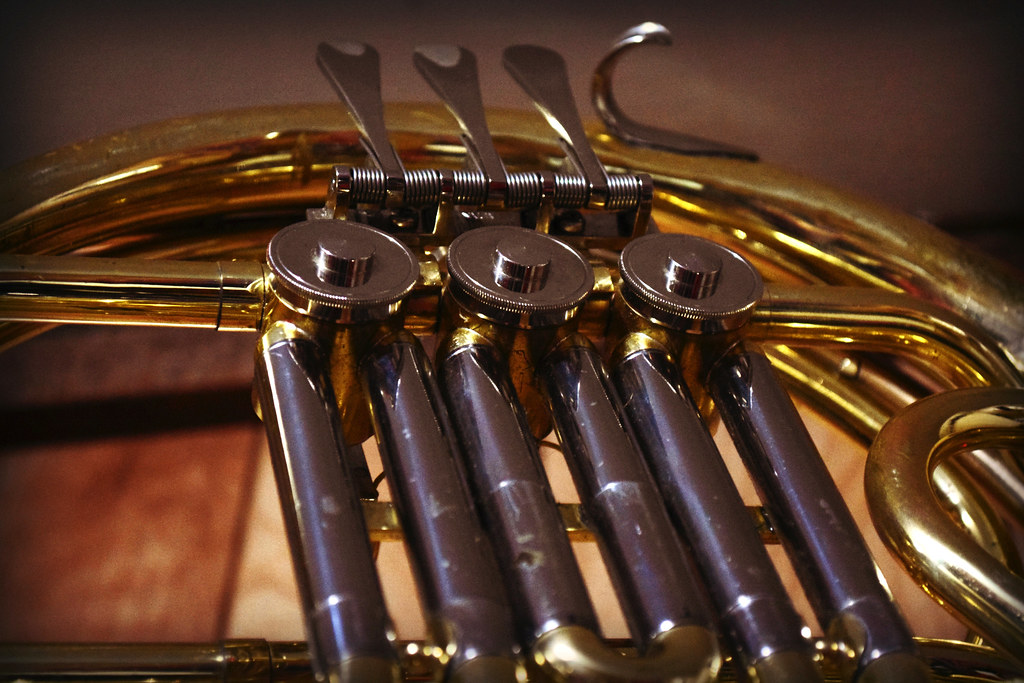Suggestions for Incorporating Entrepreneurship Education in the Classical Performance Studio
Abstract
As music institutions strive to embody the nature of entrepreneurship in greater capacities, both a lack of understanding and a lack of pedagogical knowledge serve as detriments to this end. The purpose of this exploratory study is to equip classical brass performance professors, whose goal it is to incorporate entrepreneurship in their studios, with practical suggestions on how to do so. Information from a survey of brass players was combined with literature regarding entrepreneurship education teaching practices, as well as practices from content areas generated from the survey in order to devise a set of suggestions for brass professors. The survey found that most brass players thought entrepreneurship should be taught in the private studio and that hard work, perseverance, and learning from failure were viewed as the most valuable content areas for a career in music. The suggestions are broken down into four themes: attitude; experiential learning; moving outside the studio; and character development. Subthemes are acting as a mentor, assisting in students' pursuit of individual goals, diverging from a didactic teaching approach, learning by doing, learning through failure, reflection, interacting with the community, social engagement, interaction with entrepreneurs, and grit.





